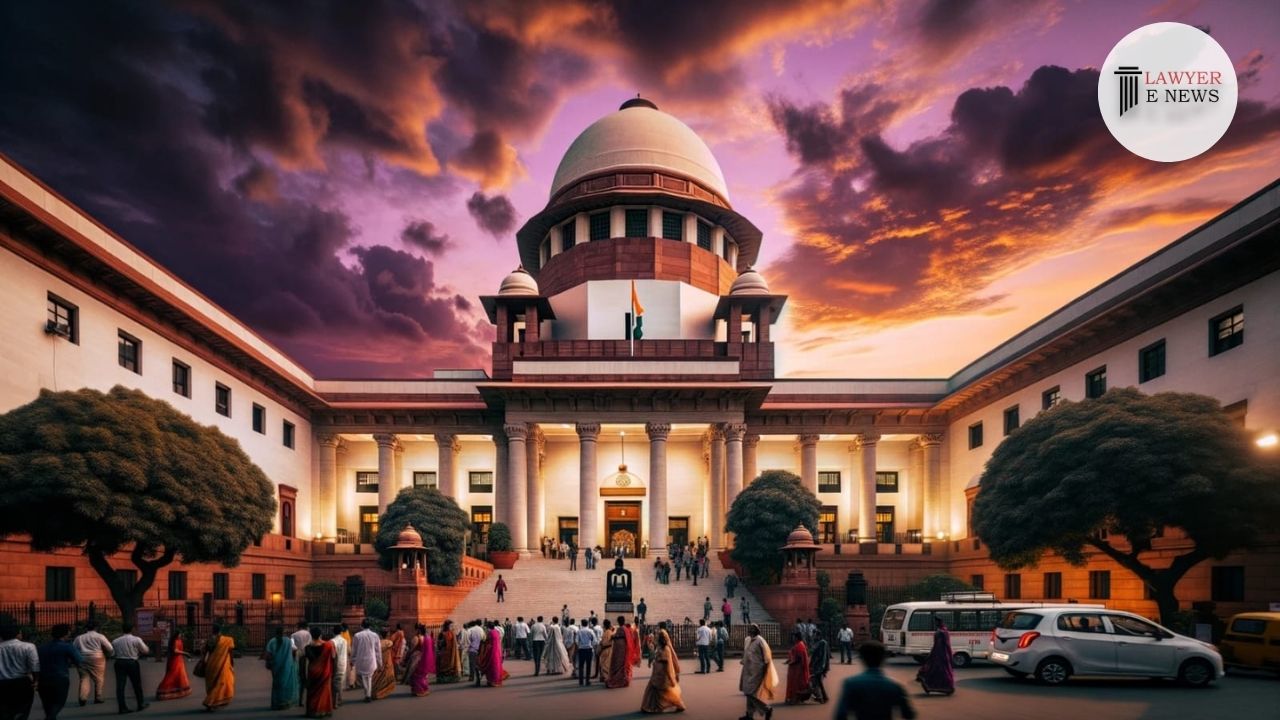-
by sayum
14 February 2026 2:22 PM



“The urgency of the situation necessitates immediate action,” says Supreme Court in a directive to Himachal Pradesh and Haryana
New Delhi, June 2024 — In a decisive move to address the acute water crisis faced by Delhi amidst a severe heatwave, the Supreme Court has directed the State of Himachal Pradesh to release 137 cusecs of surplus drinking water from the Hathnikund Barrage. The court has also ordered the State of Haryana to facilitate the uninterrupted flow of this water to the Wazirabad Barrage in Delhi.
The Supreme Court, comprising Justices Prashant Kumar Mishra and K.V. Viswanathan, emphasized the critical need for immediate action in light of the extraordinary heatwave conditions exacerbating Delhi’s water scarcity. The court’s directive follows a detailed discussion held by the Upper Yamuna River Board (UYRB) on June 5, 2024, which was convened to address the urgent water needs of Delhi.
The court noted the severe impact of the heatwave on Delhi’s water supply and the compelling evidence presented by the Delhi government. “The acute shortage of drinking water due to the ongoing heatwave condition is undisputed,” the bench remarked, highlighting the dire situation faced by Delhi residents.
The court’s decision was grounded in humanitarian considerations and the necessity to protect the fundamental right to water. “The extraordinary circumstances warrant an extraordinary remedy,” Justice Prashant Kumar Mishra stated. The bench underscored the importance of inter-state cooperation in mitigating the crisis, urging Haryana to facilitate the flow of surplus water from Himachal Pradesh to Delhi.
“The urgency of the situation necessitates immediate action,” the court observed, directing Himachal Pradesh to release the surplus water by June 7, 2024, with prior intimation to Haryana. The judgment further detailed specific measures to ensure the efficient use of the released water, including separating commercial and domestic water supply and improving water distribution efficiency.
The Government of NCT of Delhi filed a writ petition under Article 32 of the Constitution, seeking directives for the release of surplus drinking water from the Hathnikund Barrage. The petition highlighted the acute shortage of water in Delhi due to an unprecedented heatwave. The Supreme Court had previously instructed the UYRB to convene an urgent meeting to address the issue, resulting in the recommendations that formed the basis of the court’s order.
The Supreme Court’s order is expected to provide immediate relief to Delhi’s residents, who are grappling with severe water shortages. By ensuring the release and efficient use of surplus water, the judgment sets a precedent for inter-state cooperation in addressing environmental and humanitarian crises.
“This landmark decision underscores the judiciary’s role in safeguarding the fundamental rights of citizens, particularly in times of crisis,” commented Dr. Abhishek Manu Singhvi, Senior Advocate representing the petitioner. The judgment is anticipated to influence future water-sharing agreements and crisis management strategies across states.
The court has scheduled the next hearing for June 10, 2024, to review the compliance of its directives and ensure the effective implementation of the measures recommended by the UYRB.
Date of Order: June 6, 2024
Government of NCT of Delhi vs. State of Haryana & Ors.
